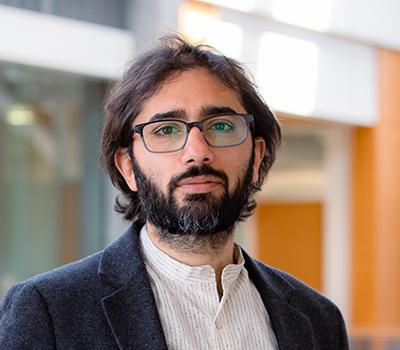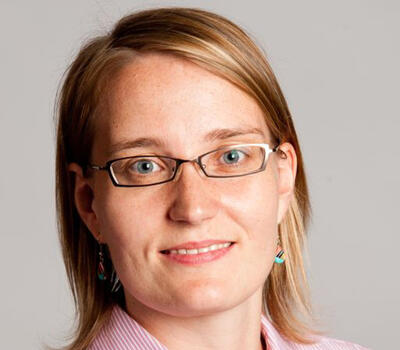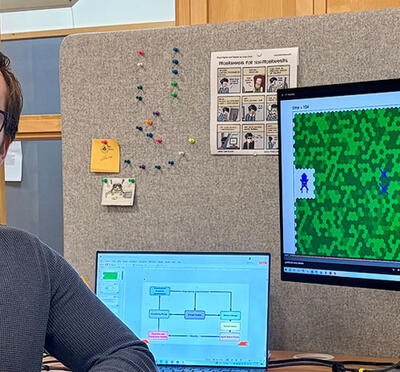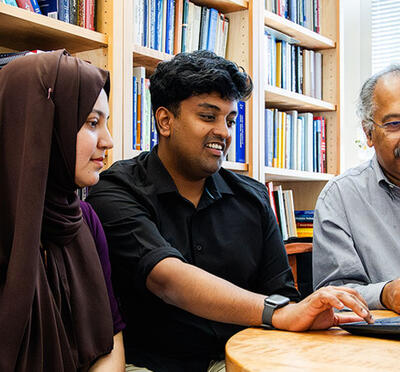After obtaining his Ph.D. from Oregon State University’s College of Engineering in 2021, Kingsley Chukwu has transitioned to a successful career as an electronic design automation tools software engineer at Intel. However, Chukwu is not your typical software engineer; while he has a minor in computer science, his degree is in chemical engineering with a focus on computational chemistry.
“I use computer quantum software to understand how atoms and molecules will behave on catalyst surfaces,” Chukwu said.
Chukwu’s doctoral research, a National Science Foundation-funded project, was conducted in the lab of Líney Árnadóttir, associate professor of chemical engineering. He implemented computational methods to better grasp how water and other solvents affect the selectivity and rate of acetic acid-based chemical reactions on palladium and platinum surfaces.
Notably, Intel is famous for manufacturing semiconductors, not catalysts. Even though Chukwu’s research was not directly related, the company understood that his training and perspective as a chemical engineer would be invaluable.
“It is challenging for experimentalists to understand the mechanisms underlying chemical reactions on catalyst surfaces, because most of the time they can only observe the products or some intermediates,” Chukwu said. “As a computational chemist, I fundamentally understand the mechanisms behind these chemical reactions on catalyst surfaces, so we can design a catalyst system to get a certain product.”
Chukwu conceptualizes his team at Intel as “gatekeepers.” They are responsible for verifying the design of products in the final stages before they are manufactured.
“I write software for physical design verification of chips or microprocessors before they go to the foundry, mostly making sure that spaces between wires or the geometry in the design matches the design specifications before manufacturing,” Chukwu said.
Chukwu says a combination of transferable and technical skills he honed at Oregon State — problem-solving, critical thinking, project management, and good old Beaver grit — prepared him to excel at Intel. His proficiency with the Linux operating system and the programming skills he developed as a doctoral student writing scripts in Python and C++ have benefited him. He specifically recalls a VLSI system design course with Houssam Abbas, assistant professor of electrical and computer engineering.
“That class gave me the confidence that I can work in a place where I can design chips or verify chips using computer-aided designs,” he said.
As future College of Engineering graduates prepare to join Chukwu at Intel, he recommends they continuously strive to improve their programming skills and take courses to boost proficiency in the use of CAD tools for chip design. This will increase their employability, he says, reflecting on his own experiences in the college:
“They offered me all the opportunities that allow me to do what I’m supposed to do here.”





